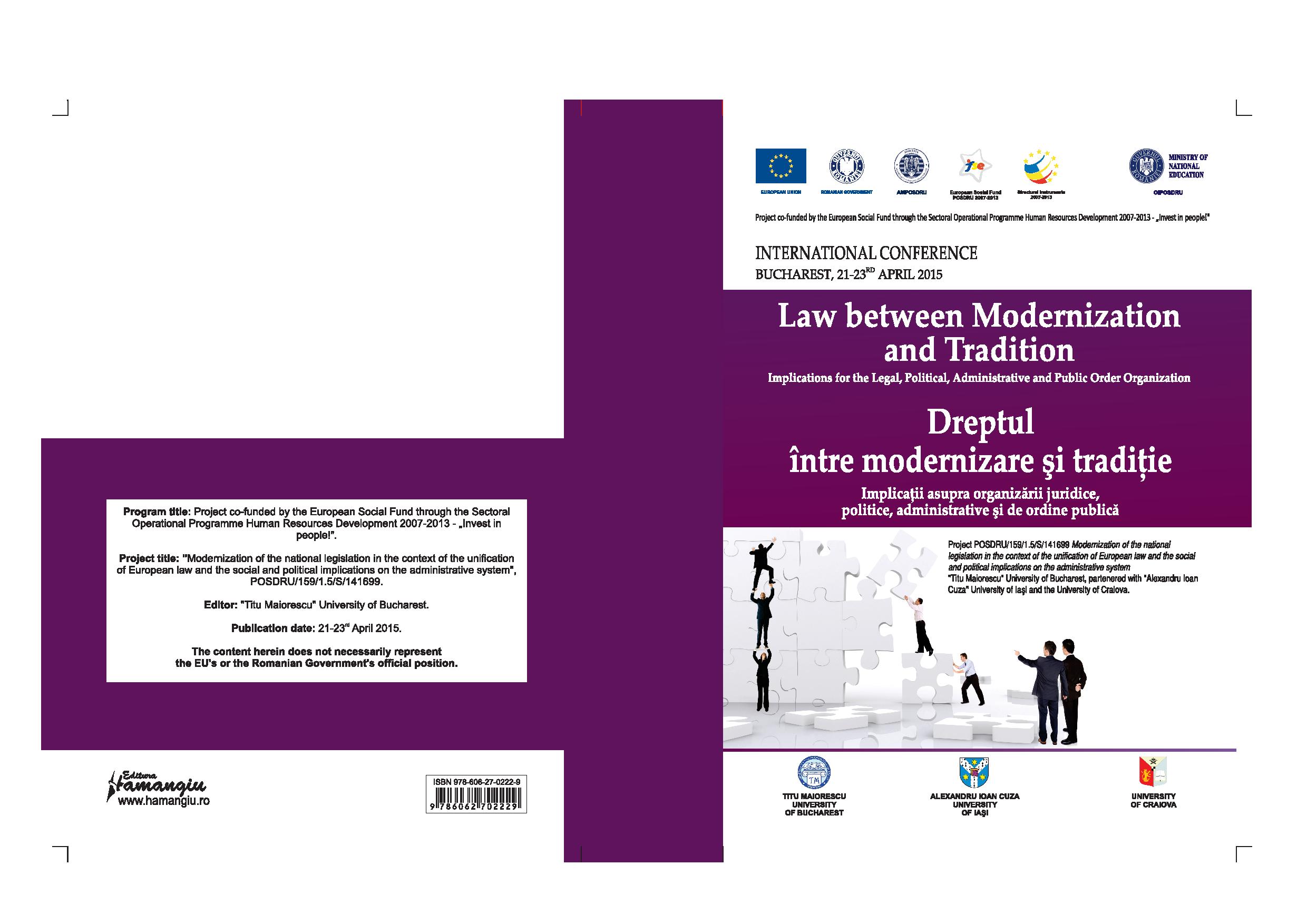CONSIDERATIONS REGARDING THE INTERACTION
BETWEEN ART. 48(1) AND ART. 49(1) OF THE UNITED NATIONS CONVENTION ON CONTRACTS FOR THE INTERNATIONAL SALE OF GOODS
CONSIDERATIONS REGARDING THE INTERACTION
BETWEEN ART. 48(1) AND ART. 49(1) OF THE UNITED NATIONS CONVENTION ON CONTRACTS FOR THE INTERNATIONAL SALE OF GOODS
Author(s): Emanuela IFTIMESubject(s): International Law
Published by: Editura Hamangiu S.R.L.
Keywords: fundamental breach; avoidance; cure; the United Nations Convention on contracts for the international sale of goods (1980);
Summary/Abstract: The main rule under the United Nations Convention on contracts for the international sale of goods (1980) is that the buyer is only entitled to avoid the contract when the seller’s failure to perform his contractual obligations amounts to a fundamental breach, according to art. 49(1). The fundamental breach evaluation is made under art. 25 on a case-by-case basis. Art. 48(1) gives the seller the right to perform his obligations under the contract after the date for delivery has passed if he can do so without causing the buyer unreasonable delay, unreasonable inconvenience or uncertainty about reimbursement of the buyer’s expenses.The problems arise when more than one of these articles is applicable at the same time since they interfere in the same legal sphere. Therefore, it has been the main theme for this article to analyse how these articles interact. The interaction between art. 48(1) and art. 49(1) is not easily decided and has been one of the most debated issues in international sales law.
Journal: Conferința Internațională de Drept, Studii Europene și Relații Internaționale
- Issue Year: III/2015
- Issue No: III
- Page Range: 306-312
- Page Count: 7
- Language: English

